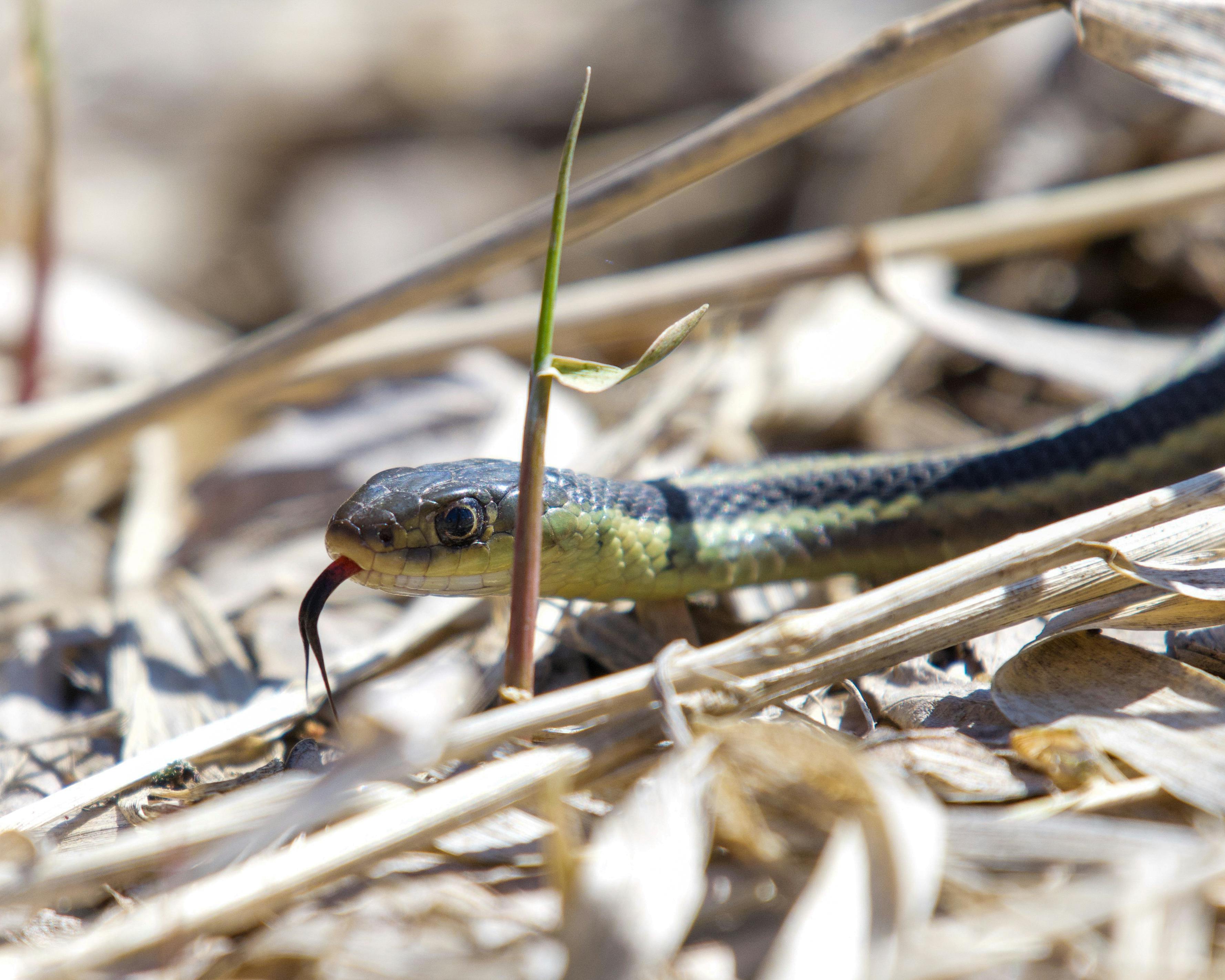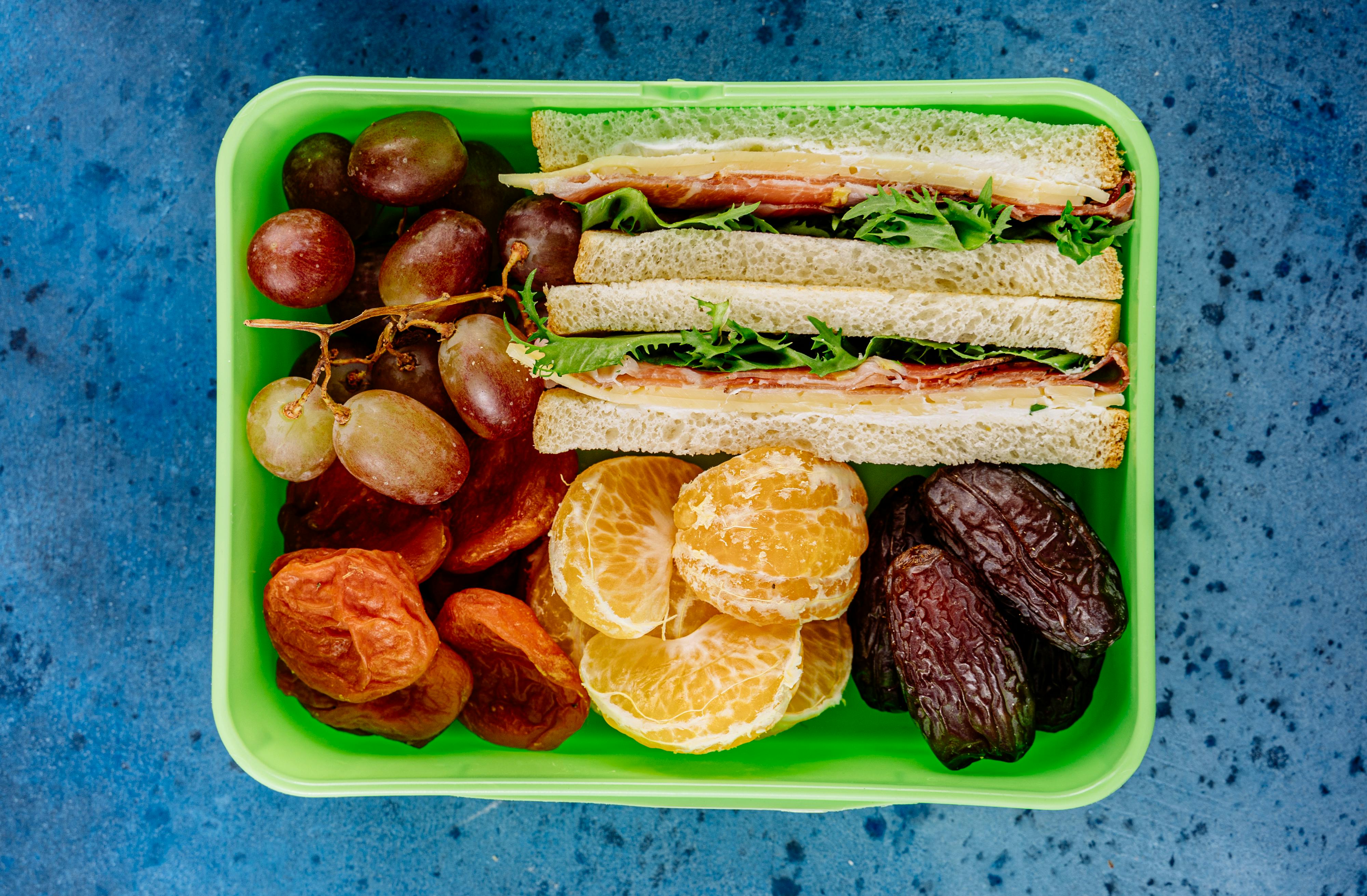
Effective Ways to Optimize Parakeet Diet for Healthy Living in 2025
Providing the right diet for your parakeet is critical to ensuring their health and well-being. As more pet owners recognize the importance of nutrition for pet birds, evolving trends in dietary recommendations are emerging. Understanding a parakeet’s specific dietary requirements, including the best food options and proper feeding practices, empowers owners to contribute to their feathered friends’ long-term health. In this article, we'll explore effective strategies to optimize your parakeet's diet, focusing on nutritional balance, the benefits of various food types, and practical feeding tips for optimal health.
The key takeaways include understanding the importance of a balanced diet, the various food types available—from seeds to pellets and fresh produce, and how these choices impact your parakeet's overall health. In addition, we'll examine common mistakes and dietary restrictions, ensuring that you are equipped to provide a diet that meets your parakeet’s needs.
Understanding Parakeet Dietary Requirements
To provide a healthy and balanced diet for your parakeet, it is crucial to understand their dietary requirements. Parakeets, like other birds, need a variety of nutrients, including proteins, vitamins, minerals, and essential fatty acids, to thrive. These nutrients should come from different sources to ensure a comprehensive intake. A standard diet typically includes high-quality grains, seeds, vegetables, fruits, and commercial parakeet pellets.
Essential Nutrients for Parakeets
Parakeets require a mix of carbohydrates, proteins, fats, vitamins, and minerals. A balanced parakeet diet should consist of:
- Protein: Necessary for growth and repair, sources include legumes, nuts, and commercial pellets.
- Vitamins: Particularly B vitamins and vitamin D, found in fresh fruits and vegetables.
- Minerals: Important for bone health and metabolic functions, available in mineral blocks and greens.
- Fiber: Aids digestion and promotes gut health, achieved through fresh fruits and vegetables.
Maintaining a careful balance of these nutrients ensures your parakeet remains healthy and energetic.
Seeds vs. Pellets: What to Choose?
The debate between seeds and pellets is ongoing among parakeet owners. While seeds can be a favored choice for parakeets, they often lack overall nutritional balance. Therefore, many experts recommend integrating high-quality pellets into your parakeet’s diet. Pellets are formulated to provide essential nutrients without the high-fat content often found in seeds.
When selecting pellets, look for organic parakeet food. These options often contain fewer additives and more natural ingredients, which can help your parakeet maintain a healthy weight and avoid dietary-related illnesses.
Incorporating Fruits and Vegetables
A variety of fresh fruits and vegetables can enhance your parakeet's diet significantly. Safe options include apples, carrots, spinach, and broccoli. Fruits and vegetables not only provide essential vitamins and minerals but also serve as excellent sources of hydration. Offering a colorful mix enriches your parakeet’s dining experience and encourages them to explore new tastes—all of which contribute positively to their overall well-being.
Creating a Balanced Diet Plan
Developing a balanced diet plan tailored for your parakeet involves careful selection and rotation of foods. The “70-30 rule” is a common guideline: 70% of the diet should consist of pellets and high-quality seeds, while 30% can be allocated to fruits and vegetables. This balance ensures that your parakeet receives adequate nutrition while also enjoying variety in their meals.
Feeding Frequency for Parakeets
Feeding frequency is another important aspect of a parakeet’s diet. While adult parakeets typically eat once or twice daily, younger birds and those that are more active may require more frequent feeding. Monitoring their appetite and adjusting their feeding routine accordingly can help maintain optimal weight and energy levels.
Hydration Needs and Safe Foods
Water should always be fresh and available. Parakeets can get hydration from the fruits and veggies they consume, but constant access to clean water is vital. Additionally, knowing which foods are safe versus those that can be harmful (like avocado or chocolate) is crucial for their health and comfort.
Common Parakeet Diet Mistakes to Avoid
Despite best intentions, many owners may inadvertently make dietary mistakes. One common pitfall is relying heavily on seeds as the main food source without incorporating other necessary dietary components. This can lead to nutrient deficiencies and obesity. Another is introducing new foods too quickly; always allow for gradual adjustments to prevent digestive issues.
Introducing New Foods
When adding new foods, observe for allergic reactions or preferences. Some parakeets may be picky eaters, and introducing a variety of foods can encourage exploration. It's also wise to consult your veterinarian for dietary restrictions or unique requirements based on age, health, or activity levels.
Parakeet Treats and Snacking Ideas
Treats play an essential role in training and bonding with your parakeet. Choose healthy snacks, such as small pieces of whole-grain bread or homemade parakeet cookies made from blended seeds and veggies. Using these treats strategically can enhance your training sessions and promote healthy eating habits without excessive sugar or fat content.
Nutritional Supplements for Enhanced Health
In certain scenarios, nutritional supplements may be beneficial—especially if your parakeet has specific dietary deficiencies. Consult with your avian veterinarian about necessary supplements, which can include calcium or vitamin D to support bone health and overall metabolism.
Monitoring Parakeet Health Through Diet
Regularly evaluating your parakeet's health can be achieved by observing their behavior, energy levels, and feather quality. A well-balanced diet is reflected in their vibrant colors and playful demeanor. Additionally, any significant changes in appetite or energy can indicate health issues that require veterinary attention.
Conclusion and Continuing Education
Continual learning about your parakeet's dietary needs will help foster a healthy environment. Engaging with communities or avian specialists, as well as staying updated on the latest nutrition trends for pet birds, plays a vital role in providing the best care for your feathered friend.


Understanding and optimizing your parakeet's diet not only enriches their life but also strengthens your bond. With the right information and commitment, you can provide a nutritious, balanced diet that supports your parakeet's health and longevity.